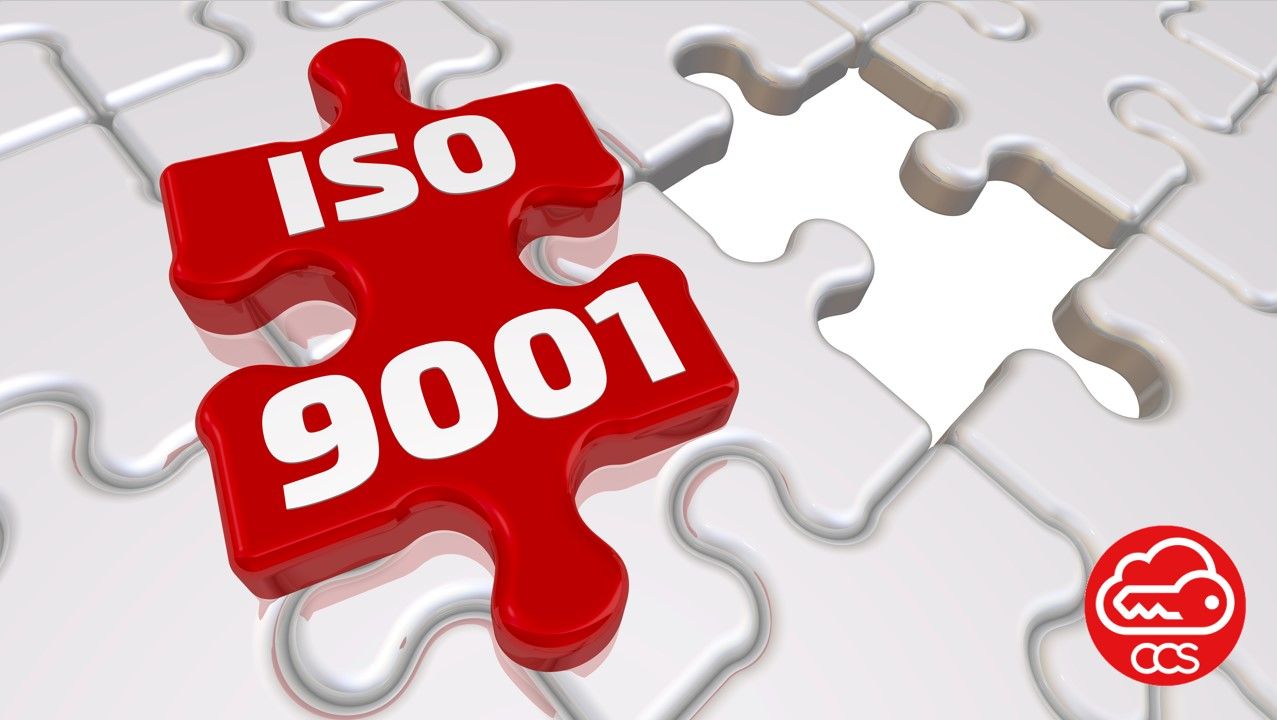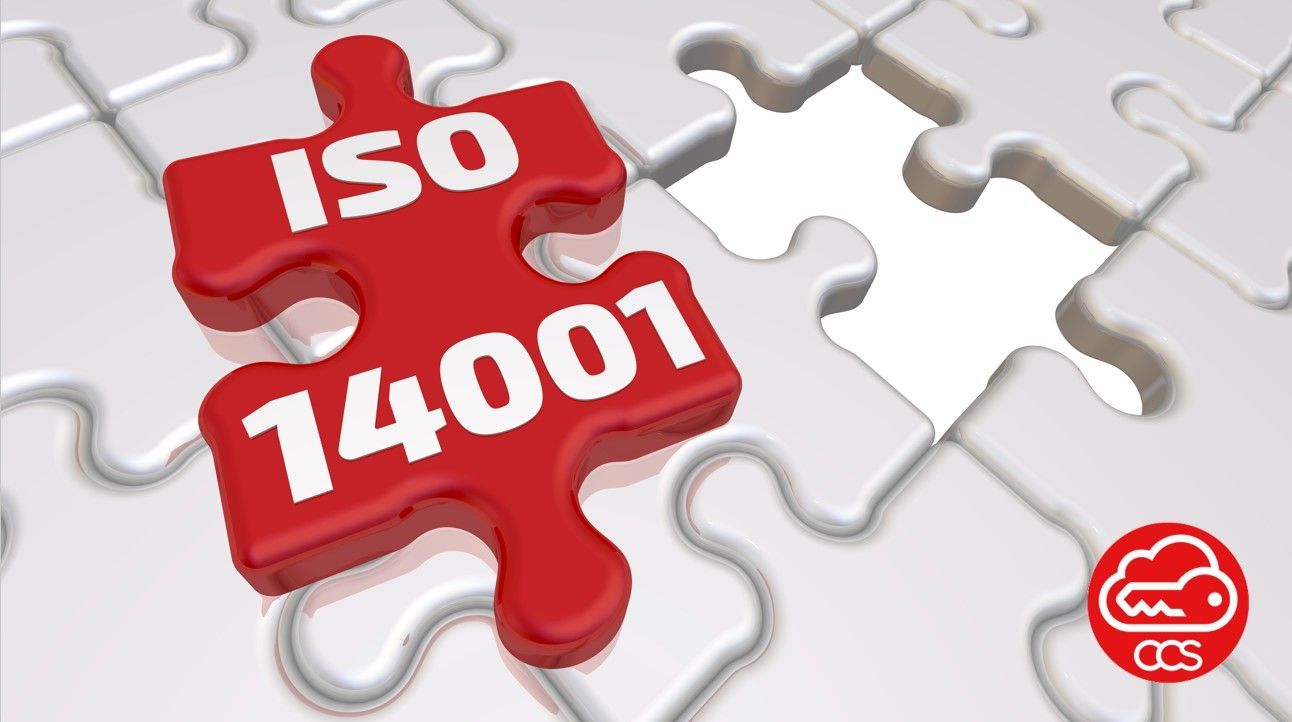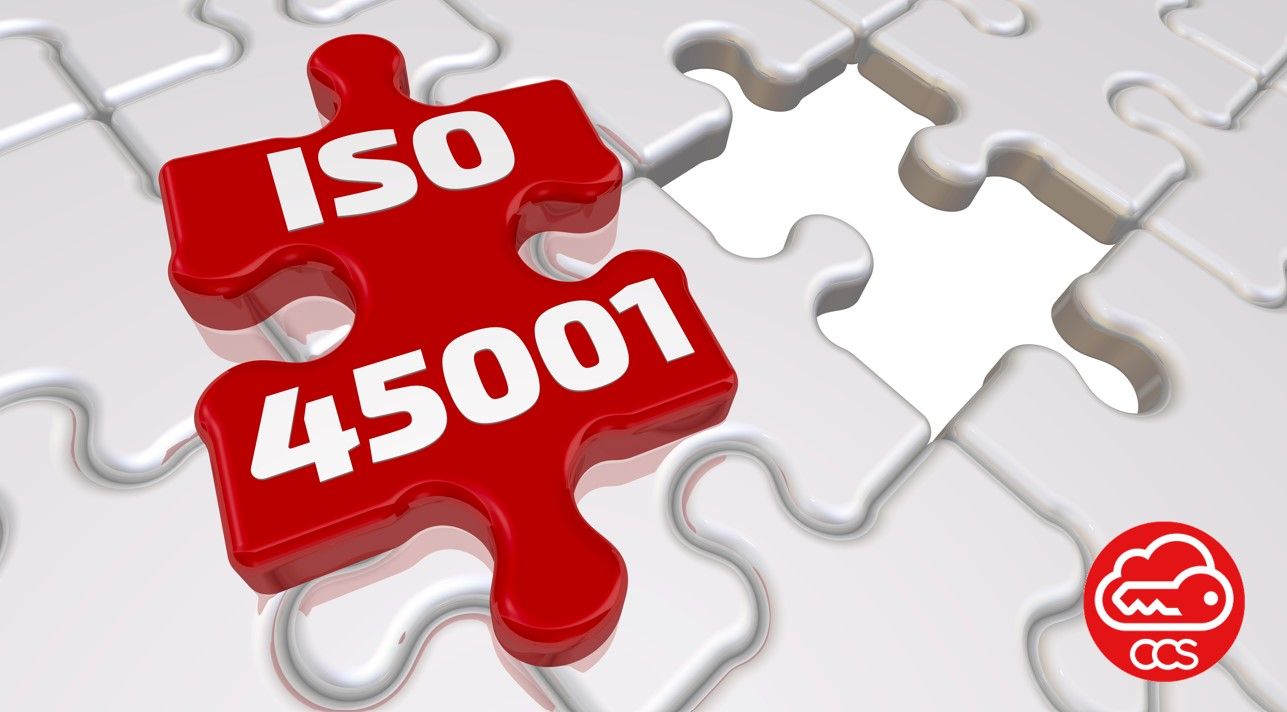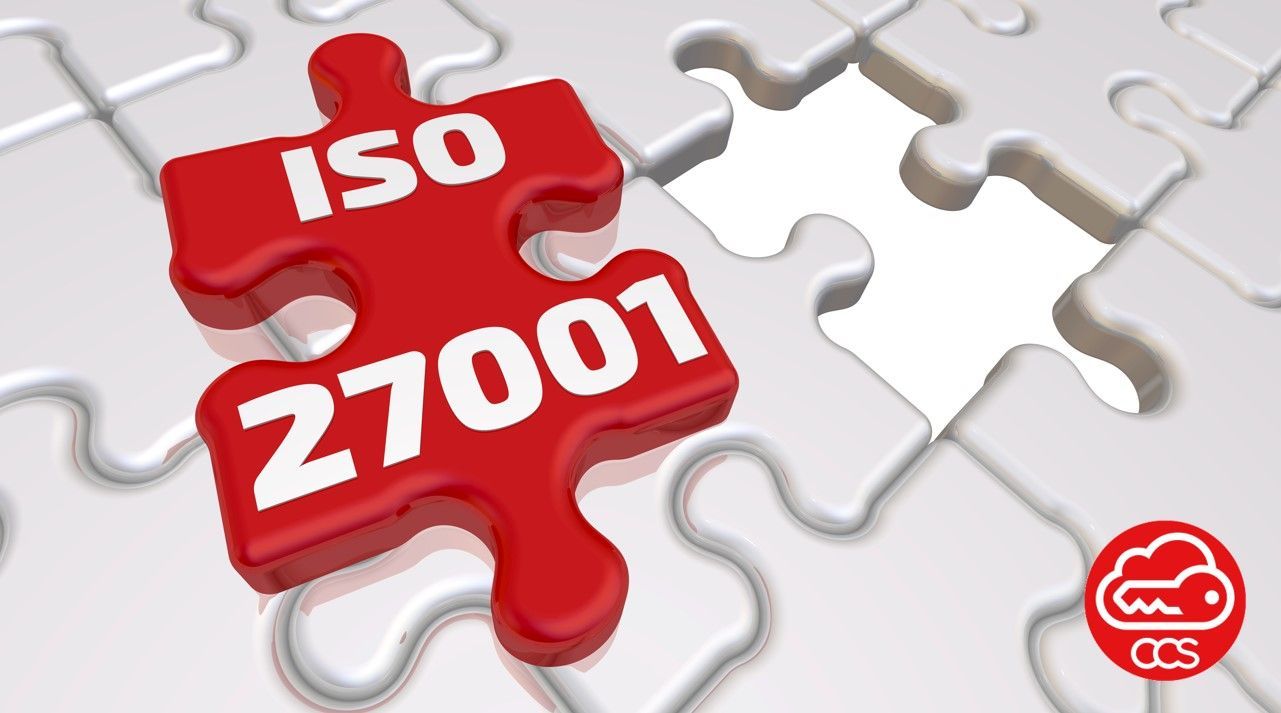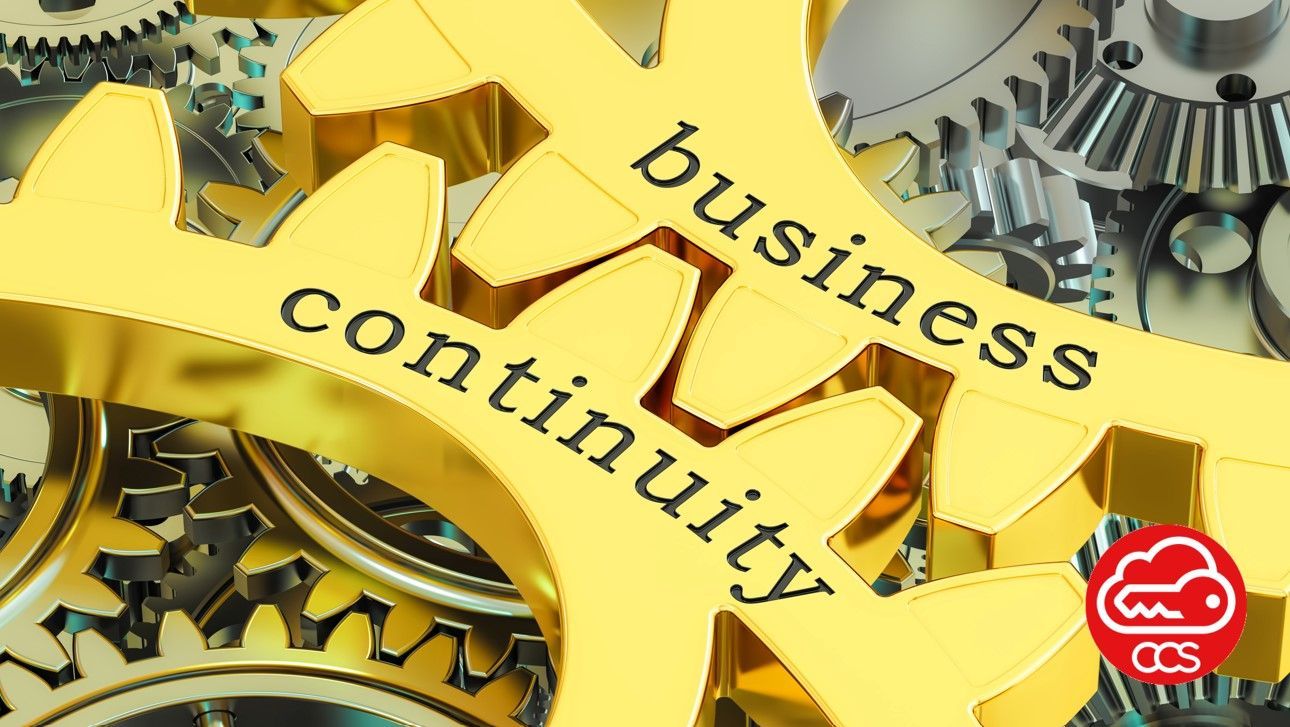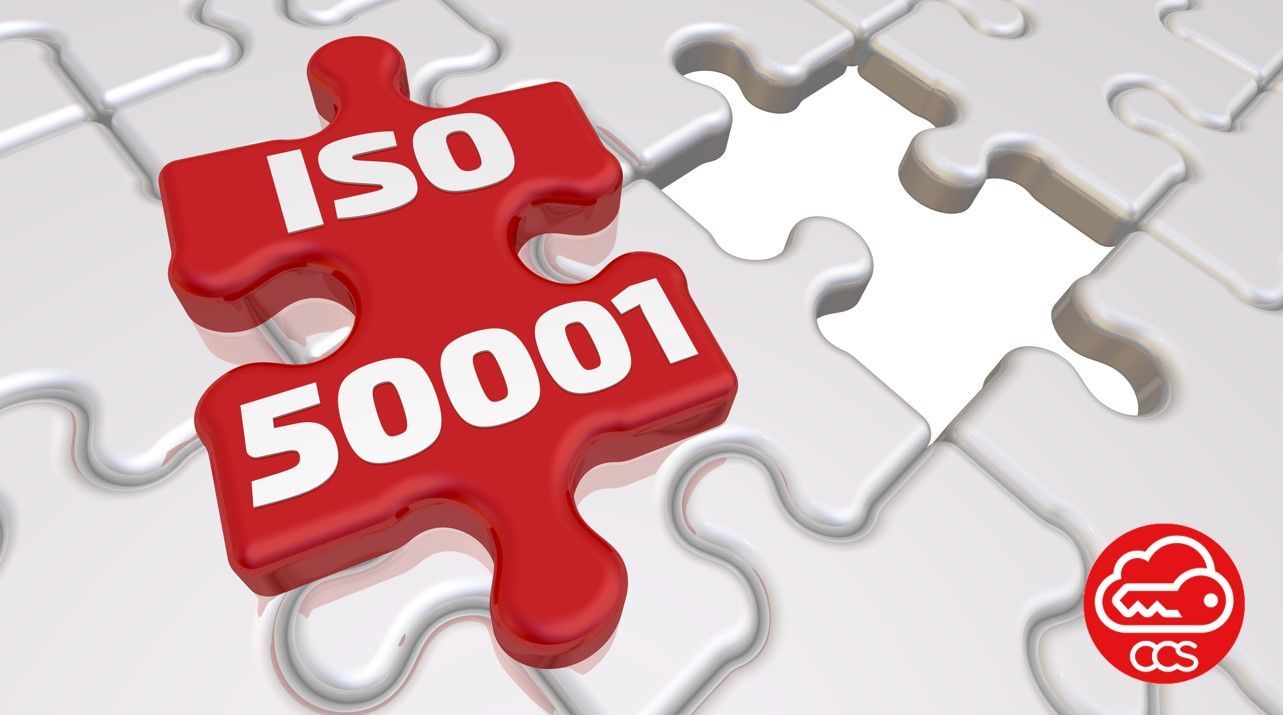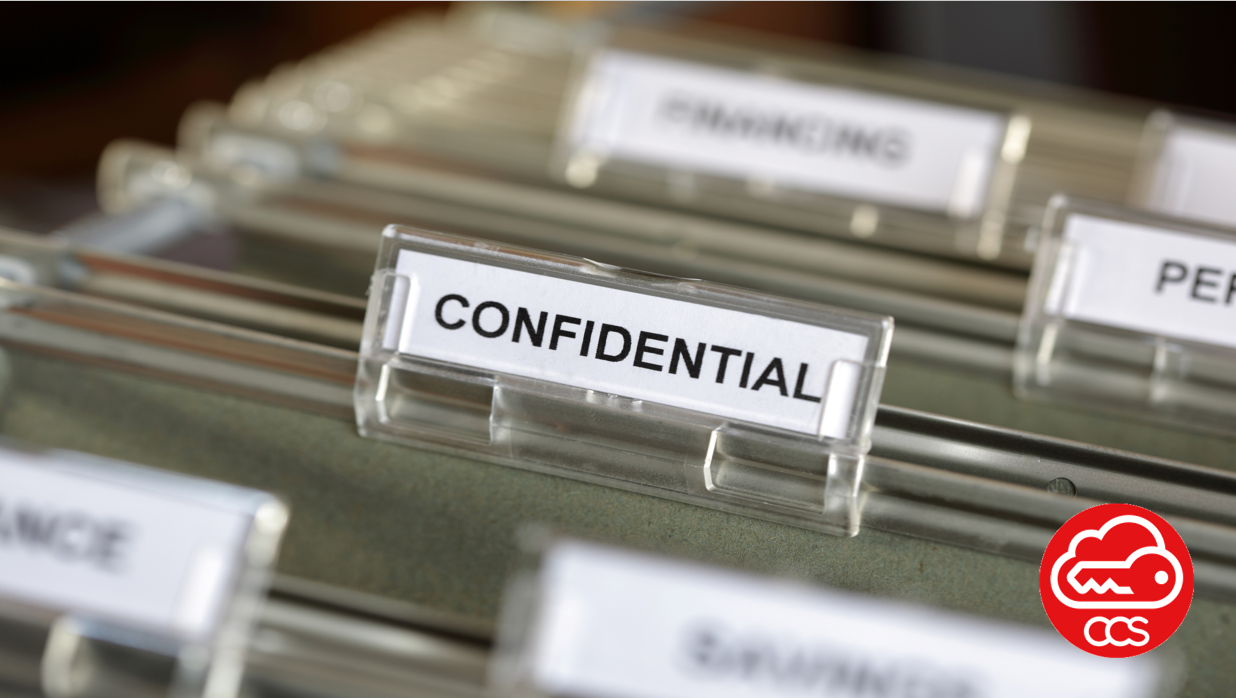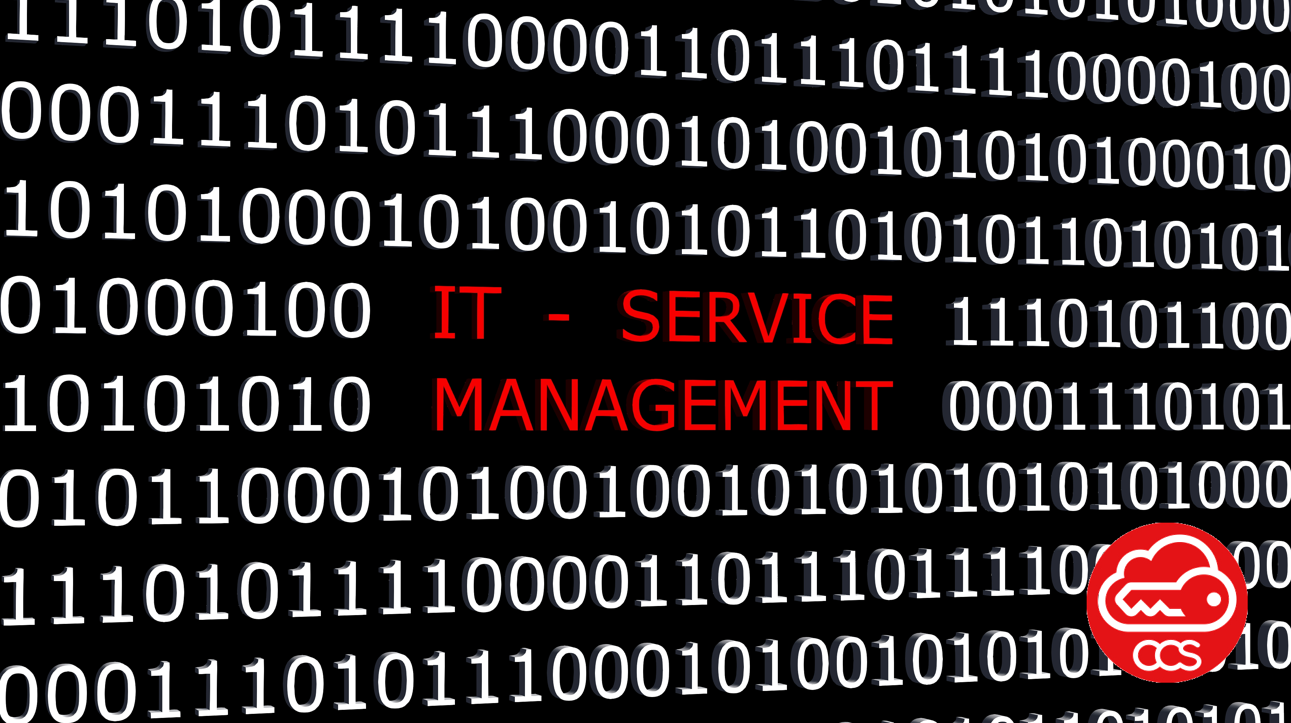ISO Standards by Company Size
From SOHO to Global Eneterprise
In today's competitive business landscape, organizations of all sizes strive for excellence, efficiency, and reliability. Regardless of whether you're a small start-up or a multinational corporation, maintaining high standards is paramount. This is where ISO standards come into play.
ISO Standards by Company Size
In today's competitive business landscape, organizations of all sizes strive for excellence, efficiency, and reliability. Regardless of whether you're a small start-up or a multinational corporation, maintaining high standards is paramount. This is where ISO standards come into play. ISO (International Organization for Standardization) provides globally recognized frameworks that help businesses establish robust quality management systems, enhance operational efficiency, and meet regulatory requirements. Let's explore how ISO standards benefit companies of different sizes, from SOHO (Small office Home Office), Small and Medium Enterprises, Mid-Market, Enterprise, through to Global Corporations.
The following are the typical standards that companies of each size adopt, however, we also have other ISO Standards that will offer significant value to your organization including standards for Artificial Intelligence, Food Safety and Medical Devices.
ISO Standards for SOHO (Small Office Home Office) Businesses:
For SOHO businesses, embracing ISO 9001 certification offers invaluable benefits, underscoring their commitment to quality management regardless of size. ISO 9001 certification instils confidence in customers, suppliers, and stakeholders by demonstrating a dedication to delivering products and services of consistent quality. By implementing ISO 9001 standards, SOHO businesses can streamline their processes, identify areas for improvement, and enhance overall efficiency, ultimately leading to increased productivity and cost savings. Moreover, ISO 9001 certification can open doors to new business opportunities, as many clients and partners prioritize working with ISO-certified suppliers.
Regardless of their size, SOHO businesses can leverage ISO 9001 to differentiate themselves in the marketplace, build trust with stakeholders, and drive sustainable growth.
ISO 9001: Quality Management
Are you a quality company?
ISO Standards for Small and Medium Enterprises (SMEs):
Implementing ISO 9001, ISO 14001, and ISO 45001 offers small and medium enterprises (SMEs) a multitude of benefits. ISO 9001 certification enhances SMEs' credibility by demonstrating a commitment to quality management while also fostering efficiency and facilitating market access. ISO 14001 integration helps SMEs adopt sustainable practices, ensuring compliance with environmental regulations, reducing costs, and enhancing their reputation. Simultaneously, ISO 45001 prioritizes employee well-being, ensuring a safe work environment, legal compliance, and business continuity.
Together, these standards empower SMEs to improve quality, environmental performance, and workplace safety, driving long-term sustainability and success.
Key ISO standards for SMEs include:
ISO 9001: Quality Management
Are you a quality company?
ISO 14001: Environmental Management
Are you helping the Environment?
ISO 45001: Health and Safety
Are You and Your People Safe and Healthy?
ISO Standards for Mid-Market Companies:
For mid-market businesses, integrating ISO 9001, ISO 14001, ISO 45001, and ISO 27001 brings forth a host of advantages. ISO 9001 certification bolsters their credibility, fostering trust among stakeholders while streamlining processes and expanding market opportunities. By adopting ISO 14001, mid-market companies promote sustainability, adhere to environmental regulations, and realize cost savings through resource optimization. Simultaneously, ISO 45001 prioritizes employee safety, ensuring compliance and business continuity amidst occupational hazards. Furthermore, ISO 27001 addresses information security concerns, safeguarding valuable data assets, enhancing trust with clients, and bolstering competitive positioning.
Together, these standards equip mid-market businesses with a comprehensive framework to enhance quality, environmental responsibility, occupational safety, and data security, fortifying their resilience and competitiveness in the marketplace.
Key ISO standards for Mid-Market companies include:
ISO 9001: Quality Management
Are you a quality company?
ISO 14001: Environmental Management
Are you helping the Environment?
ISO 45001: Health and Safety
Are You and Your People Safe and Healthy?
ISO 27001: Information Security
Is my business secure against Cyber Security threats?
ISO Standards for Enterprise Companies:
For enterprise-level companies, the adoption of ISO 9001, ISO 14001, ISO 45001, ISO 27001, and ISO 22301 offers a myriad of strategic advantages. ISO 9001 certification reinforces their reputation for quality management, fostering stakeholder confidence while driving operational efficiency and market expansion. With ISO 14001, enterprises demonstrate environmental stewardship, ensuring compliance with regulations, optimizing resources, and reducing costs through sustainable practices. Additionally, ISO 45001 prioritizes employee well-being, mitigating risks, and ensuring business continuity amidst occupational hazards. ISO 27001 enhances information security, safeguarding sensitive data, enhancing client trust, and maintaining a competitive edge in the digital landscape. Furthermore, ISO 22301 focuses on business continuity management, enabling enterprises to prepare for and mitigate disruptions, ensuring resilience in the face of adverse events.
Together, these standards provide enterprise-level companies with a robust framework to enhance quality, environmental sustainability, occupational safety, information security, and business continuity, solidifying their position as industry leaders and enhancing long-term viability.
Key ISO standards for Enterprise-level companies include:
ISO 9001: Quality Management
Are you a quality company?
ISO 14001: Environmental Management
Are you helping the Environment?
ISO 27001: Information Security
Is my business secure against Cyber Security threats?
ISO 22301: Business Continuity
Can you continue after a disaster?
ISO Standards for Global Companies:
For global corporations, the integration of ISO 9001, ISO 14001, ISO 45001, ISO 27001, ISO 22301, ISO 20000, ISO 27701, and ISO 50001 yields a multitude of strategic advantages. ISO 9001 certification underpins their commitment to quality management, bolstering credibility and driving operational excellence across diverse operations worldwide. With ISO 14001, global corporations demonstrate environmental leadership, ensuring regulatory compliance, optimizing resource utilization, and enhancing sustainability practices throughout their supply chain. Additionally, ISO 45001 prioritizes occupational health and safety, safeguarding employees and mitigating risks across complex organizational structures. ISO 27001 strengthens information security, protecting sensitive data assets, fostering client trust, and enhancing competitive positioning in the digital era.
Moreover, ISO 22301 focuses on business continuity management, enabling global corporations to proactively address and mitigate disruptions, ensuring resilience and continuity of operations on a global scale. Furthermore, ISO 20000 ensures excellence in IT service management, enhancing efficiency and reliability in delivering digital services. ISO 27701 addresses privacy management, safeguarding personal data and upholding privacy rights, thereby enhancing trust with stakeholders. Lastly, ISO 50001 facilitates energy management, optimizing energy usage, reducing costs, and promoting sustainability initiatives across global operations.
These standards provide global corporations with a comprehensive framework to enhance quality, environmental sustainability, occupational safety, information security, business continuity, IT service management, privacy management, and energy efficiency, positioning them as leaders in responsible and resilient global business practices.
Key ISO standards for Global corporations include:
ISO 9001: Quality Management
Are you a quality company?
ISO 14001: Environmental Management
Are you helping the Environment?
ISO 50001: Energy Management
Are you achieving energy efficiency?


